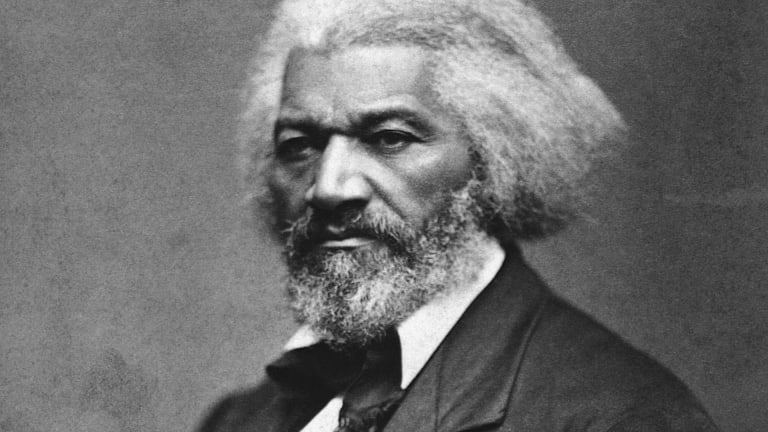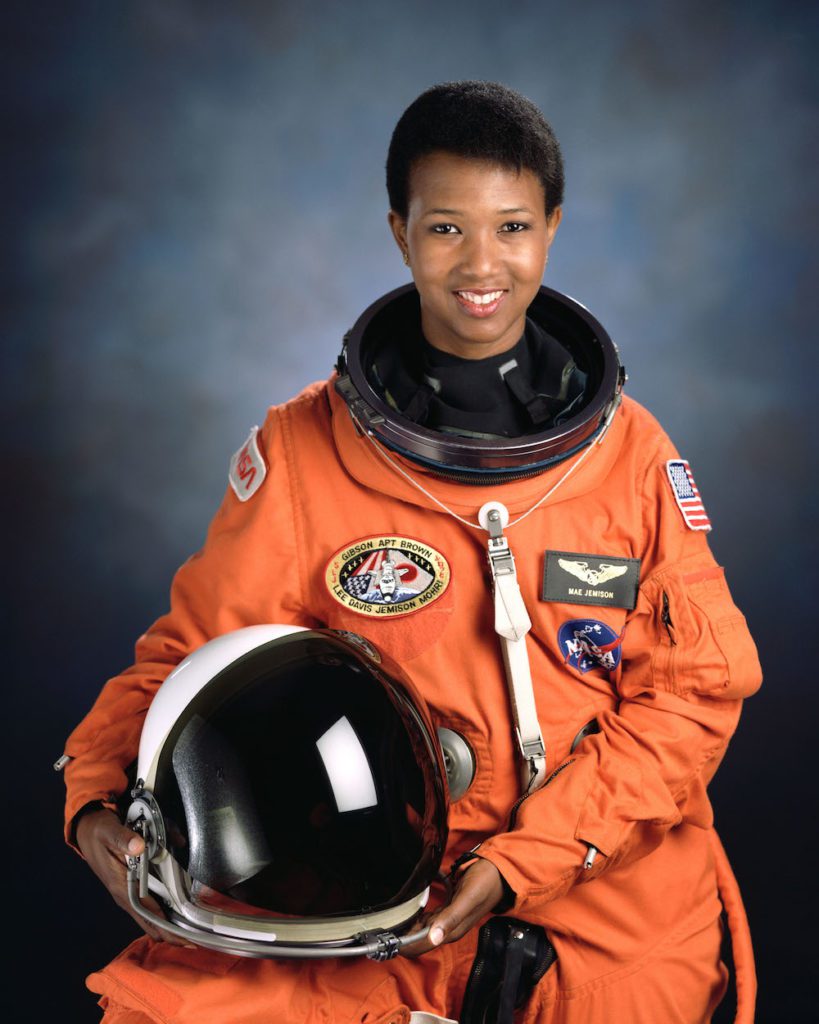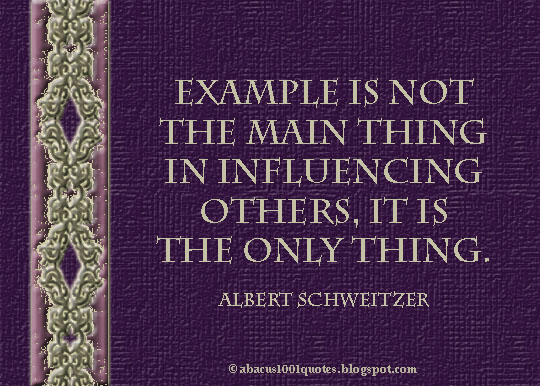Why We Celebrate Black History Month
I grew up on Long Island, New York during the 50s and 60s. Though its people claimed to be liberal-minded and kind to Negroes, they were very racist in subtle ways. My uncle’s bigoted jokes got the loudest laughs and when blacks moved into my all-white neighborhood, people fled like the place was being taken over by aliens. As a teen, I remember reading an article in a New York paper with a premise that stated the Negro to be inferior to the white man. I didn’t believe it for a second. How could this be true? My dear friend, Glenn, an African American was as smart as, if not smarter, than I. And he wasn’t the only one. So, I read books about Frederick Douglass, Harriett Tubman, and Jackie Robinson. What I read, saw, and heard didn’t add up.

During my studies, I learned that in 1926, Carter G. Woodson, an African American historian, author, and journalist, declared the second week in February as Black History Week. He chose February because it was the birthday month of Abraham Lincoln and Frederick Douglass—two Americans who greatly influenced black America. As our nation reached its bicentennial, it was decided in 1976 to expand the week celebration to a month to recognize the role of African Americans in US history.
What have Black Americans contributed to American society? According to that newspaper article, not much. So, I read a biography about Frederick Douglass. Born a slave in 1818, he escaped servitude and eventually settled in Massachusetts where he worked for the Massachusetts Anti-Slavery Society as a lecturer. He also published the North Star, an anti-slavery newspaper, he was a defender of women’s rights and a trusted advisor to Abraham Lincoln. Today, Douglass is remembered as a tireless worker to ensure that his nation live up to its founders’ ideals of freedom and equality for all its people. This was a very intelligent man, probably smarter than the guy who wrote the article starting me on this quest.
Then there was Thurgood Marshall, born in 1908, who continued Douglass’ work. He was part of the legal team of the famous Supreme Court trial Brown v. Board of Education (1954) where the “separate but equal” doctrine in public education was rejected making racially segregated schools illegal. In 1967 Marshall was appointed to the high court by President Johnson where he continued his fight for human rights. Learning about him made me think, It’s not an inferior intelligence, but an inferior education holding back people of color.

To reflect the history and diversity of the United States, the Biden Administration is pushing for Harriet Tubman’s likeness to be on the $20.00 bill. Tubman, born a slave in 1820, was the most famous conductor of the Underground Railroad, a 19th century network of secret routes and safe houses throughout the South and Northeast. It was used by escaped slaves as they sought freedom into free states and Canada. Over a decade, Tubman made nineteen trips to the South escorting more than 300 slaves to freedom never losing a single passenger. After the Civil War, she settled in Auburn, New York where she was active in the movement to gain the right to vote for women. This was a strong lady of courage. When she found her freedom, she risked losing it by going back to the snake pit to save others. She was definitely not inferior, but one of the most intrepid individuals I have ever read about. I wanted to learn more.
African Americans have done more than affect the American political system. We all have heard of Jackie Robinson who broke the color line and became baseball’s first black player. Here’s someone you probably didn’t learn about, William “Bill” Pickett. He was an African American rodeo cowboy who perfected the technique of bulldogging as well as roping and riding. Since blacks were barred from most rodeo competitions, Pickett was often billed as an Indian to compete against whites. In 1972 he became the first black honoree in the National Rodeo Hall of Fame in Oklahoma City.
African Americans have been instrumental in all areas of American life. George Washington Carver is a case in point. He was an agricultural scientist and inventor who developed methods to prevent soil depletion and revolutionized the agricultural economy. Born a slave, he became one of the most prominent scientists and inventors of the late 19th century. Totally amazing!

And the list continues. Other African American men and women of science include Mae Carol Jemison, a NASA astronaut, who was the first African American woman to travel in space. She flew on Space Shuttle Endeavour on September l2, 1992. Gladys West, a mathematician, invented an accurate model of the Earth which was used as the foundation for the creation of the Global Positioning System (GPS). Chemist Marie M. Daly’s work opened up a new understanding of how foods and diet can affect the health of the heart and circulatory system.
Today, African Americans are in the forefront of American life. Barack Obama, America’s 44th president and the first black to hold the office (I cried tears of joy watching his inauguration.) also authored several books. Kamala Harris became America’s first black vice president, while Oprah Winfrey, an American talk show host, producer, actress, and author is praised for overcoming adversity to become a benefactor to others. And Halle Berry is a former beauty queen, fashion model and award-winning actress.
African Americans built the foundation of our nation’s capital and national infrastructure, helped to promote America’s dream stated in the Declaration of Independence that “all men are created equal,” contributed greatly to the arts and sciences as well as sports. For these reasons, a month is set aside to learn more about the contributions of African Americans to American society. It’s an excellent time to pursue your own quest by googling “famous African Americans” and learn for yourself, like I did, about their valuable contributions.
Michael Thal is the author of Goodbye, Tchaikovsky a novel about deafness.

I hope the Biden administration is successful in getting Harriet Tubman on the $20 bill.